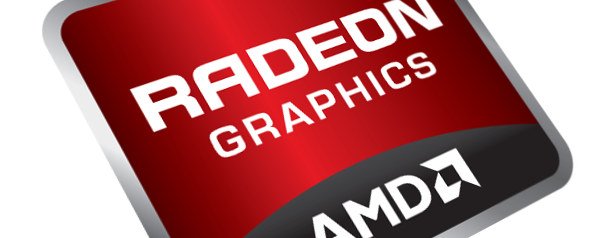AMD launches HD6990M notebook graphics

AMD has taken the wraps off of its latest graphics chip for notebooks, the Radeon HD6990M. The Barts-based GPU is its most powerful mobile graphics processor currently available from AMD's line, and will be available in the Alienware M18x and other manufacturers from today.
The AMD announcement comes not long after NVIDIA's launch of the GeForce GTX 580M a couple of weeks ago, and while we haven't seen samples of either in the office yet, it should be a close run battle as to which is better.
As with most laptop GPUs, the Radeon HD6990M bears absolutely no resemblance whatsoever to the dual-chip desktop monster that is the Radeon HD6990. This is a single chip, for a start, and it's built around an older version of the Radeon architecture than the newer Cayman-based HD6xxx series on desktop.
That said, these high end laptop chips are catching up. The HD6990M comes with 1120 stream processors on board, as well as 56 texture units and 32 ROPS - it's almost identical to a desktop HD6870, in other words, save for a slightly lower clockspeed. It also has 2GB of GDDR5 RAM, which should help it with effects like anti-aliasing at high resolutions.
Certainly it's enough power for a 1080p laptop screen, and with the right CPU, could even be enough for 3D effects at a reasonable framerate - although that's an area where NVIDIA continues to lead just in terms of hardware support (I've still never seen an AMD compatible 3D monitor, for example).
There's no word yet as on the cost of laptops fitted out with either the GeForce GTX 580M or the HD6990M, but I'm hoping to put them head to head some time in the next couple of weeks.
The biggest gaming news, reviews and hardware deals
Keep up to date with the most important stories and the best deals, as picked by the PC Gamer team.

